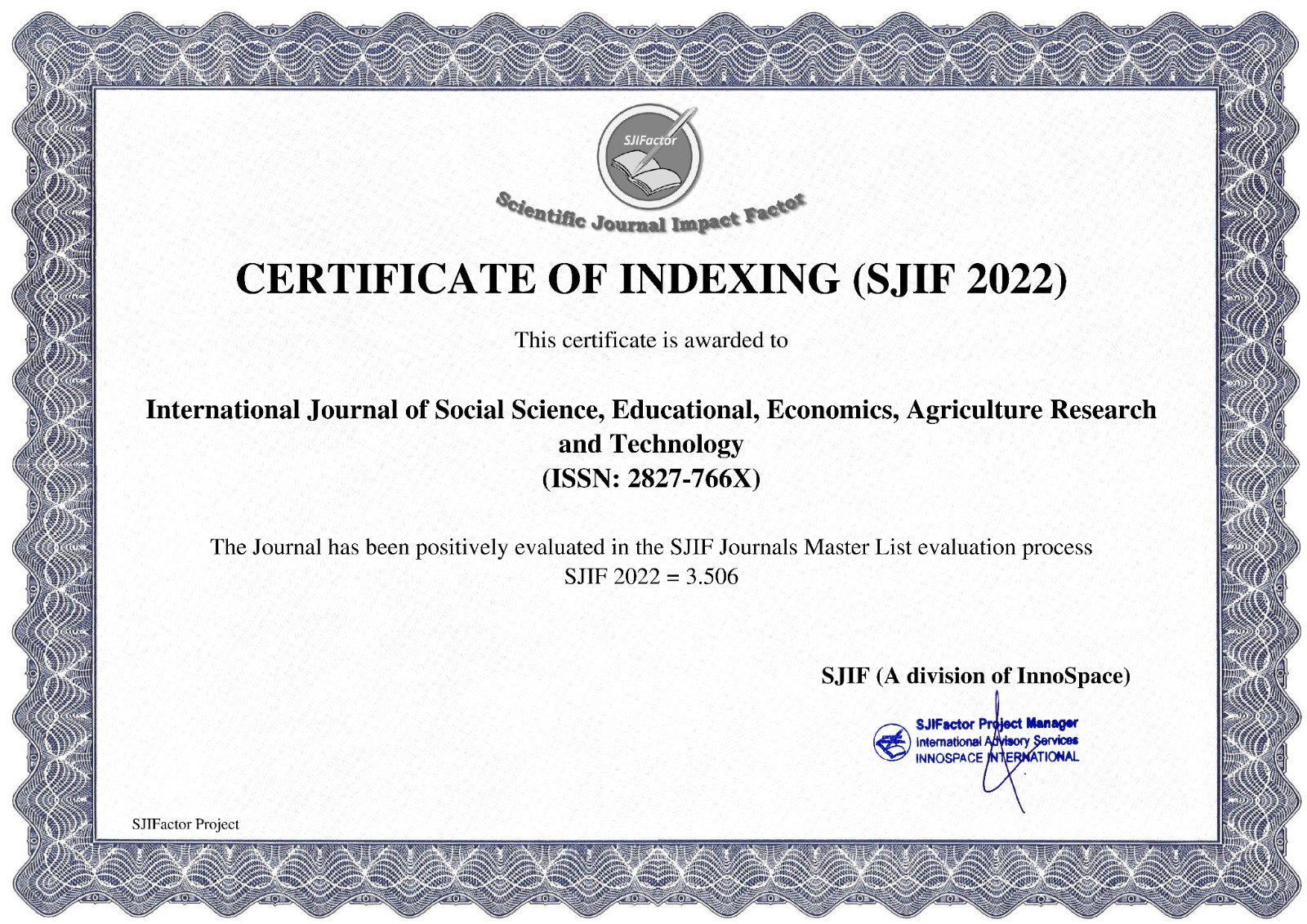THE IMPLEMENTATION OF THE LUDER CONTINGENCY MODEL IN PUBLIC SECTOR ACCOUNTING REFORMS IN INDONESIA
Main Article Content
Arni Karina
Syamsudin
Muhammad Nur
Kumba Digdowiseiso
Siti Nurain Muhmad
This research originated from the necessity to gain a comprehensive comprehension of the determinants that impact the achievement of public sector accounting reform, particularly in the Indonesian context. The objective of this study is to investigate the application of the Luder Contingency Model in the specific context of public sector accounting reform in Indonesia. The employed approach entails a Systematic Literature Review, which involves scrutinizing diverse relevant research, encompassing the Luder Contingency Model theory and its implementation in the public sector. The research findings indicate that societal pressure and the demands of globalization are significant factors in promoting public sector accounting reform in Indonesia. The success of reform is influenced by social structural variables of information users, such as their information needs and level of interest in accounting information. Similarly, the attributes of political administration/information providers, such as governance systems and organizational culture, are crucial in facilitating transparency and accountability. Nevertheless, the presence of obstacles in the form of restricted resources and absence of political backing presents significant difficulties. To summarize, while there has been some advancement in the implementation of the Luder Contingency Model, additional endeavors are required to enhance public awareness, allocate sufficient resources, and garner robust political backing in order to achieve successful public sector accounting reform in Indonesia.
Alfarizi, M. (2023). Environmental accounting practices in Indonesia's creative economy sector: Study of behavioral intentions of millennial MSMEs. Accounting And Information Technology, 16(2), 128–152. https://doi.org/10.24123/jati.v16i2.5713
Carter, L., Yoon, V., & Liu, D. (2022). Analyzing e-government design science artifacts: A systematic literature review. In International Journal of Information Management (Vol. 62). Elsevier Ltd. https://doi.org/10.1016/j.ijinfomgt.2021.102430
Chandrayatna, IDGP, & Ratna Sari, MM (2019). The Influence of Internal Control, Individual Morality and Organizational Ethical Culture on the Tendency of Accounting Fraud. E-Journal of Accounting, 1063. https://doi.org/10.24843/eja.2019.v27.i02.p09
Harun, H., & Kamase, H. P. (2022). Accounting Change and Institutional Capacity: The Case of a Provincial Government in Indonesia. Journal: Accounting Change & Institutional Capacity, 6(2).
Komala, R., Piturungsih, E., & Firmansyah, M. (2019). The Influence of Information Asymmetry, Individual Morality and Internal Control on the Tendency of Accounting Fraud. Accounting E-Journal, 29(2), 645. https://doi.org/10.24843/eja.2019.v29.i02.p12
Kuswati, EW (2023). The Influence of Organizational Culture, Individual Morality, Internal Control and Whistleblowing Systems on Preventing Accounting Fraud. JIBEMA: Journal of Business, Economics, Management and Accounting, 1(1), 66–76. https://doi.org/10.3012/jibema.v3i2.40
Misra, F., & Sabila, G. A. (2021). Analysis of Readiness for Implementing Regional Public Service Agencies (BLUD) in Community Health Centers: Testing Luder's Contingency Model (Descriptive Study at Tanah Datar Regency Community Health Center). Dewantara Accounting Journal, 4(2), 160–175. https://doi.org/10.26460/ad.v4i2.7160
Muniruddin, S. (2020). The Reform of Governmental Accounting: a Discussion of Luder's Financial Management Reform (FMR) Model. Journal of Research and Accounting Reviews, 3(1), 68–83.
Noegroho, RS (2020). The Role of Actors in the Implementation of Accrual Accounting in the Government Sector in Indonesia (2000 – 2014). Accounting journal.
Novitasari, S. (2018). Uncovering the Tax Amnesty Phenomenon in Indonesia: An Analysis Using Luder's Contingency Model Approach. AKTSAR Journal, 1(1), 73–93.
Rusmana, O., Rizki, M., Budianto, R., Suyono, E., & Contemporary Accounting Research, J. (2023). Analysis of Accounting Information System of Village Fund Using Luder Contingency Model. Journal of Contemporary Accounting Research, 15(1), 56–66. https://journal.unpas.ac.id/index.php/jrak/index
Sari, AA, Widiastri, H., Pradana, M., & Yuhertiana, I. (2019). Luder's Contingency Model in Foreign Debt Policy National Accounting Symposium XIX. Airlangga University Journal.
Sari, MS, Silvia, D., & Putri, AE (2020). The Effect of Implementing Accrual-Based Government Accounting and Internal Control on the Quality of Government Financial Reports at the Lampung Province Information and Communications Communications and Statistics Service. Scientific Journal of Economics and Business, 20(2).
Sastypratiwi, H., & Nyoto, RD (2020). Expert System Article Data Analysis Using the Systematic Review Method. Journal of Informatics Education and Research (JEPIN), 6(2), 250. https://doi.org/10.26418/jp.v6i2.40914
Suhendar, E., Rusmana, O., & Putri, NK (2023). Analysis of Accounting Perceptions and Knowledge of Sak Etap Users towards Private Entity Saks (EP) in Preparing Financial Reports (Empirical Study of Cooperatives in Banjar City, West Java). Scientific Journal of Accounting Economics Students (JIMEKA), 8(3), 330–338. https://doi.org/10.24815/jimeka.v8i3.26569
Sulanjari, L., Jenderal, U., Jalan, S., & Boenjamin Purwokerto, HR (2019). Accounting Standard Implementation of Public Service Agencies from Luder Contingency Theory. Journal of Business & Economics, 14(2). www.ppkblu.depkeu.go.id
Yuniati, & Bagito, A. (2021). Factors that Influence the Implementation of Accrual-Based Accounting and Their Implications for Asset Management and Financial Report Quality. MEA Scientific Journal (Management, Economics and Accounting), 5(1).






















